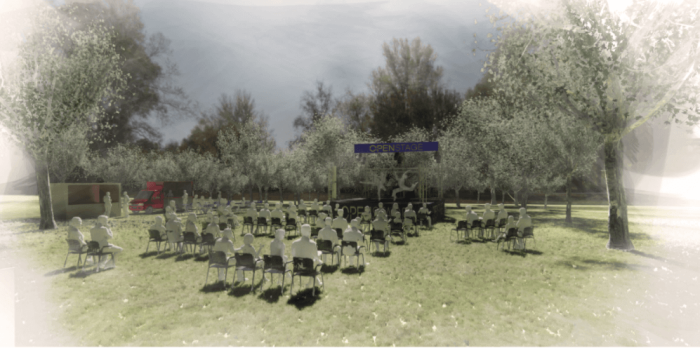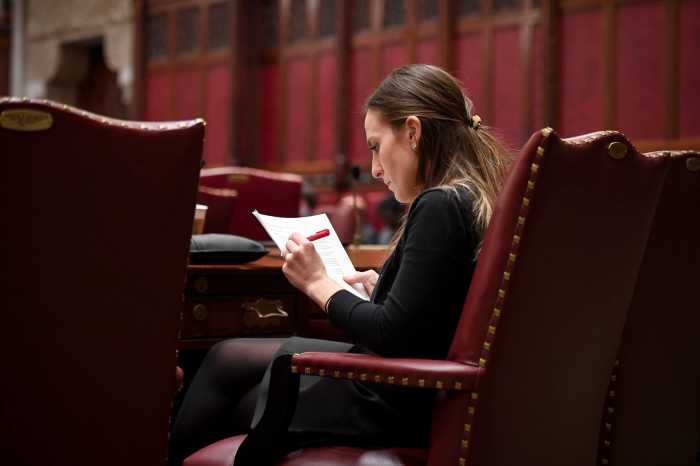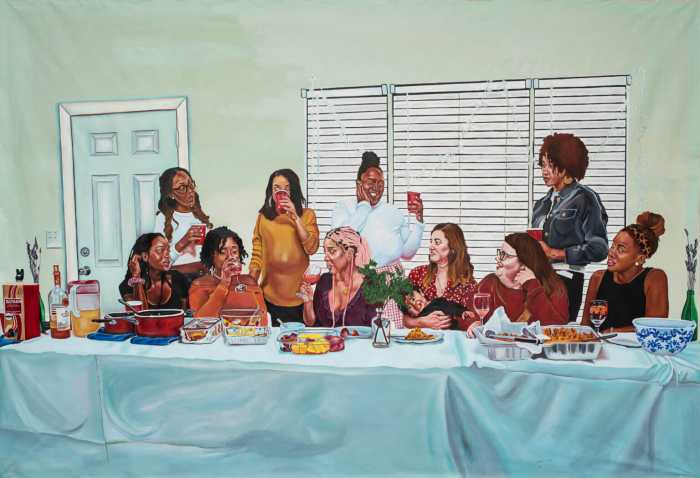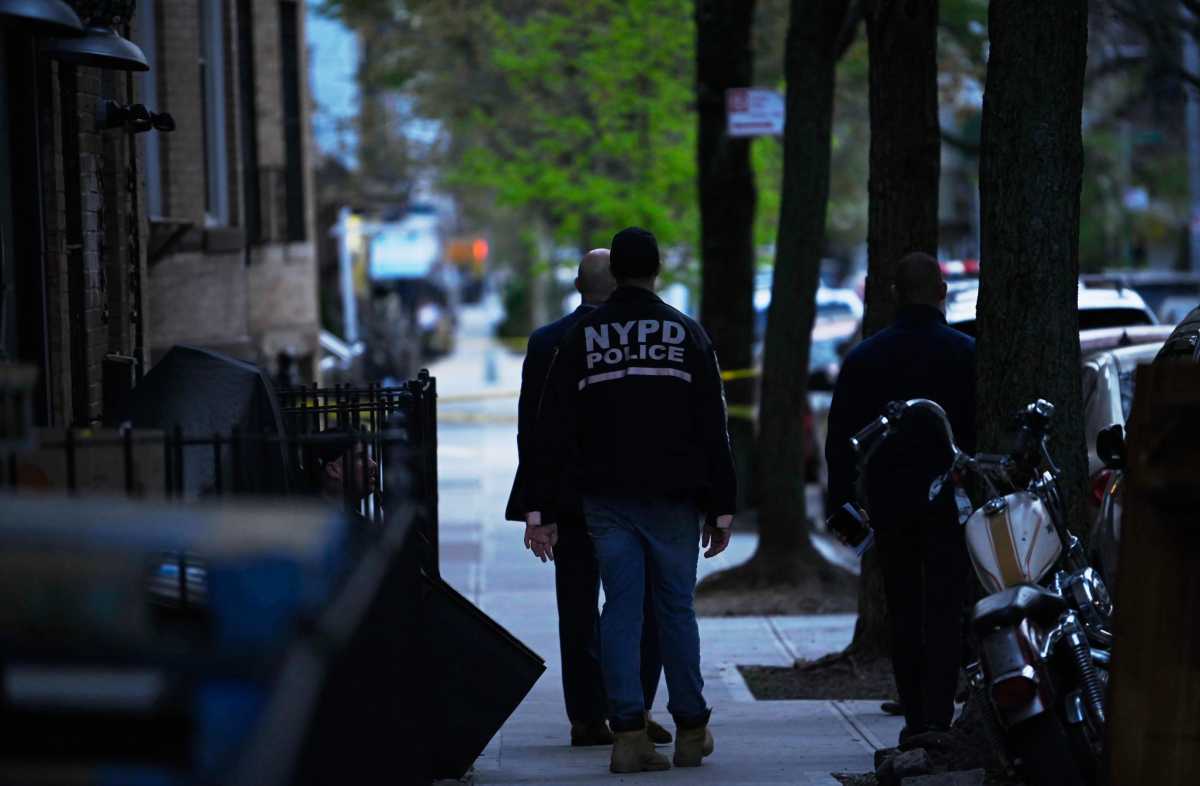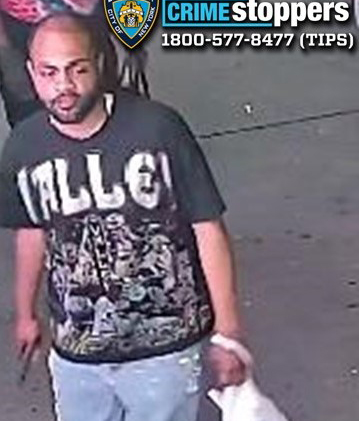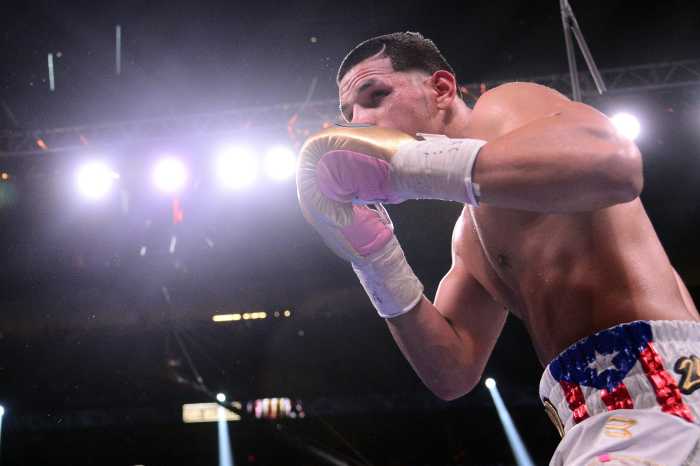Teen dating violence occurs far too often in this country. In fact, nearly 1 in 11 women and 1 in 14 male high school students report having being in a physical violent relationship in the last year.
February was Teen Dating Violence Awareness Month and two employees of the Urban Resource Institute (URI) spoke with the Bronx Times about teen dating violence and how Relationship Abuse Prevention Program (RAPP) helps kids.
“It (RAPP) teaches young people there is no place for abuse in love,” said Sherry Tagoe, who works as a RAPP coordinator at the Kennedy Campus in Marble Hill. “Our focus is to make sure they can identify healthy and unhealthy characteristics in a relationship.”
Tagoe, who has been in the social work field for more than a decade, explained that RAPP not only tries to help students feel better about themselves, but wants to give teens the confidence and courage to stand up to their partner.
She noted that violent behavior typically begins between the ages of 12 and 18 and one in ten high school students have experienced violence experiences with their partner.
One person who can attest to the impact of RAPP firsthand is Sabrina Gonsalez, who participated in the program as a student and is now an early RAPP community educator.
Gonsalez, 23 of the south Bronx, started with RAPP at age 14 as a student at Manhattan Theater Lab. Gonsalez recalled that the first day she walked into the RAPP room in high school she had no idea what it was.
A woman then told her and her friends what the organization was about and it quickly peaked their interest. The teens signed up to be peer leaders in a summer program and began to learn what a healthy relationship is supposed to look like.
“It (RAPP) was a feeling of having a sense of community,” she said.
While Gonsalez was not in a violent relationship, her parents were abusive to each other. After attending RAPP programs, she soon realized this was not normal.
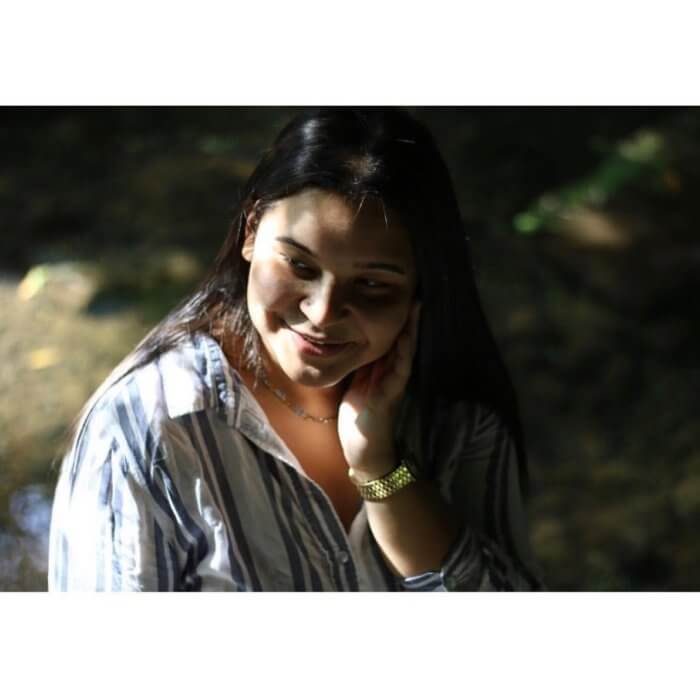
Gonsalez soon got a job with RAPP and today hopes to help people see what a healthy relationship looks like. According to Gonsalez, many teens don’t feel comfortable talking about their issues with their family, RAPP often provides them with an outlet.
She holds discussion groups with students on topics such as abuse and sexual harassment. Gonsalez stressed that RAPP had an impact on she and her friends when they were young and now it is doing the same for her students.
“I think this is a program every school should have,” she stated. In the culture that I grew up in mental health is not a thing.”
Advocates are available 24/7 to work with you and make an individualized safety plan.
If you are a teen, or adult, in a violent relationship, call the National Domestic Hotline on 1-800-621-HOPE. You can also text LOVEIS to 22522 as a more discreet option.



